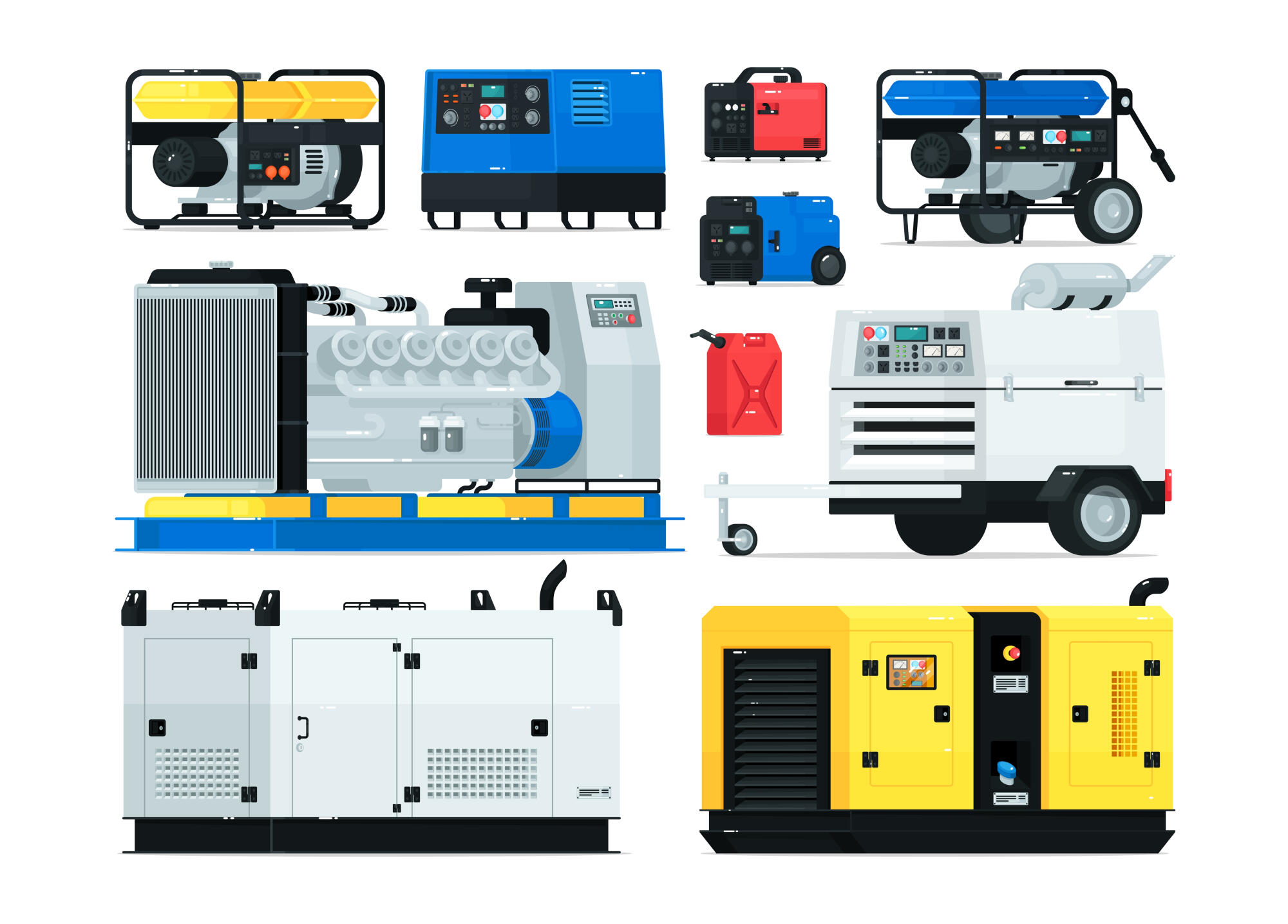According to the U.S. Energy Information Administration, national power consumption is projected to reach record highs between 2024 and 2025. This increased use means more people will need electricity for their homes, which may lead to power outages.
One option you should consider is installing a generator. In this article, we’ll discuss the key aspects of generator installation, focusing on whether taking on this project yourself is a good idea. Keep reading for expert insights and essential safety tips to help you decide the best approach for your generator installation.
Assessing Your Skills
Before you decide to install a generator yourself, assess your skills. Do you have the electrical and mechanical knowledge required for the job? Installing a generator involves working with electricity and machinery, which can be complex.
If you lack experience in these areas, consider hiring a professional. Understanding how to connect the generator to your home’s electrical system is vital. Mistakes can lead to significant problems, including electrical fires or damage to the generator.
Consult with someone who has experience if you’re unsure about your skills. You can get a generator setup guide or take a course. If you don’t feel confident in your abilities, don’t do it.
Safety Concerns
When installing a generator, safety should be your top priority. Handling electrical wiring and fuel connections can be dangerous if you are not trained properly. The U.S. Consumer Product Safety Commission (CPSC) emphasizes the importance of safety, urging consumers to take the following home generator tips:
- Put alarms in your home to detect harmful gases
- Make sure all fuel lines are secure and leak-free
- Always use generators outside to avoid dangerous fumes
- Read and follow the safety instructions that come with your generator
In addition to these steps, place the generator on a flat, dry surface away from windows or doors to prevent fumes from entering your home. Make sure to use the right extension cords that can handle the power load and are rated for outdoor use. Lastly, keep the generator away from flammable materials like gasoline or wood to prevent fires.
DIY Installation Risks
Installing a generator yourself may seem like a good way to save money, but it comes with risks. One major risk is the possibility of damaging your generator. Any mistake made during installation could lead to costly repairs.
You might void your generator’s warranty if you install it yourself. Many manufacturers have strict rules about who can install their products. If something goes wrong, you could pay for repairs you thought the warranty would cover.
Permits and Codes
Before you install a generator, it’s important to check local building codes and get all necessary permits. These regulations exist to ensure safety and compliance with community standards. If you skip this step, you may face fines or must redo the installation later, which can be a hassle and a waste of money.
The Biden-Harris Administration has announced over $240 million for new and innovative building codes to save consumers money and reduce climate change impacts. This funding reflects the importance of adhering to updated codes, which may be relevant to your generator installation. Always check your local codes to see if there are specific requirements for generator installation in your area.
Hiring a Professional
Hiring a certified electrician or contractor is one of the best ways to ensure safe generator installation. Professionals have the experience and training needed to handle the complexities of the installation process. Here’s why working with them can pay off in a good way:
- Safe connections of the generator to your home’s electrical system
- Access to expert knowledge and skills
- Help choose the right generator and install it correctly
- Avoiding costly mistakes and saving time
- Peace of mind with a professional handling the installation
Additionally, many professionals provide warranties on their work, offering extra protection and assurance while adding value to your home.. If something goes wrong, you’ll have someone to turn to for repairs or assistance. In contrast, a DIY installation can leave you without support if issues arise.
Cost Considerations
When choosing between installing a generator yourself or hiring a professional, consider the costs. Doing it yourself might look cheaper at first, but it could cost more later. If you make mistakes, you might damage the generator, leading to expensive repairs or the need for a new one.
Hiring a professional may initially cost more, but it guarantees reliability and safety. Professionals know how to install generators properly, following safety rules and the manufacturer’s installation steps. They can prevent future problems, saving you money and stress.
Manufacturer Guidelines
You should follow the manufacturer guidelines, whether setting up the generator yourself or getting help. These instructions tell you how to set up your generator safely and properly. Skipping them can cause problems, like damaging the generator or creating safety risks.
Professionals follow these guidelines closely to ensure everything is done right. They know the specifics of each generator model and adjust the process as needed. It’s hard to match their expertise on your own, and you could miss important steps or details.
Manufacturers expect professionals to handle generator installations because it’s safer. Pros know how to deal with the complex parts and wiring that generators have. Incorrect installation by non-experts can cause accidents, fires, or damage to the generator.
Manufacturers also want their products to work well, and professionals know how to follow guidelines. If a DIY generator installation goes wrong, it might void the warranty. By recommending professionals, manufacturers reduce the chance of mistakes.
Get Expert Help With Your Generator Installation Today
Think carefully about whether you can install a generator yourself. DIY projects can be tempting, but it’s important to check your skills and know the risks. A professional generator installation will ensure your generator is safe and reliable in the long run.
If you’re a homeowner looking for reliable generator services, look no further. Our team specializes in installing and servicing generators of all makes and models. Request a quote today and find out how we can help keep your power on.

